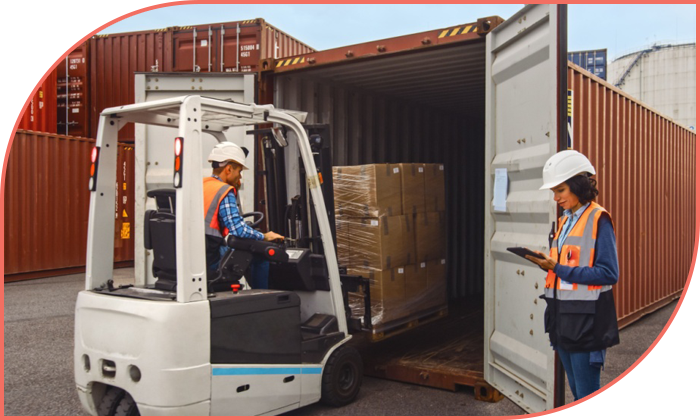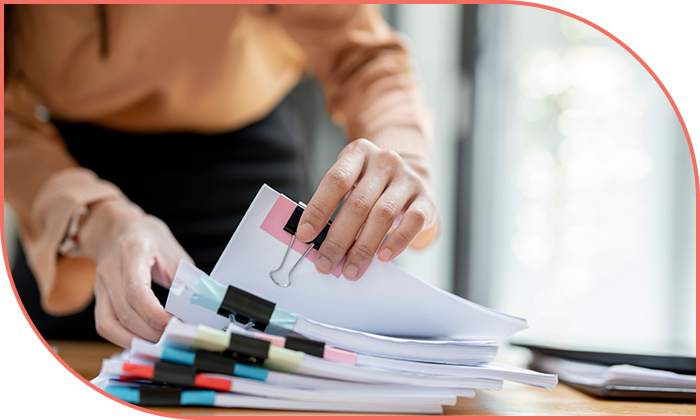Port of Dalian
Dalian Port, a significant maritime gateway in northeastern China, serves several major factory districts (particularly those within Liaoning Province and the broader Northeast China region).
Key industrial zones served by Dalian Port include the Dalian Economic and Technological Development Zone (DETDZ).
Established in 1984, this zone is one of China's first national-level economic and technological development areas. It hosts major industrial clusters in petrochemicals, equipment manufacturing, electronic information, and more.
Dalian port also has close ties to the Dalian High-Tech Industrial Zone: this area focuses on high-tech fields like electronic information, mechatronics, new materials, bioengineering, and environmental protection.
What are FOB and EXW terms?
FOB
Short for ‘Free on Board’, FOB makes the seller responsible for delivering the goods to the closest port, and all the associated costs and risks of handling until they are loaded onto the vessel for shipping.
Control then transfers to the buyer (you) once the goods are safely stored on the vessel. You must then pay for the associated costs of importing, such as customs clearance fees and transportation from the port of origin to the final destination.
EXW
‘Ex works’ incoterms means your seller is only responsible for making the goods available at their property (e.g., a warehouse or factory).
By assuming the minimum responsibility, you, as the buyer, must take control over customs clearance, insurance, loading goods, and the management of import and export procedures.

Compare Freight Shipping Rates in Seconds
Get instant quotes from leading ocean freight providers. Find the best rates for your shipping needs in one place.
Sea Freight service options from Dalian to UK
LCL:
(Less-than-Container Load) is when shippers with smaller volumes of cargo share space in a container with other shippers since their goods alone do not fill an entire container.
FCL:
(Full Container Load) is a shipping method in which a shipper's cargo fills an entire container that they have exclusive use of.
Do you need an export licence?

The Ministry of Commerce (MoC) has divided goods into 3 categories: “approved goods”, “restricted goods”, and “forbidden goods”.
Export licences are issued by the MoC and include information on the exporter(s), buyer(s), cargo, value and mode of transport.
Exports of restricted goods require a licence. Foreign Trade Companies (FTC) in China (exporting to UK subsidiaries) must also obtain a licence. However, trading in foreign overseas countries (FOBs) with a supplier does not require a licence.
Necessary import customs clearance documents
For your imported goods to be released from UK customs, shippers must have the following documents completed:
- Commercial invoice
- Import licence (if required)
- Bill of Lading (BL)
- EORI number
- Packing list
Get The Best Sea Freight Rates Today
Easily compare rates from top ocean freight carriers. Save time and money on your next shipment.